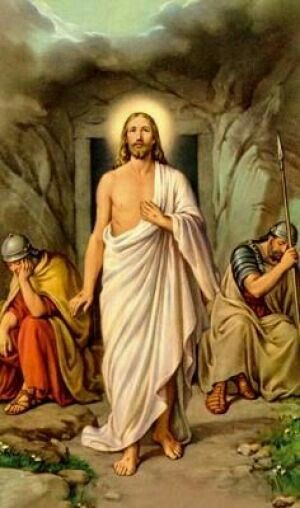
First Point.—The Resurrection of Jesus presents three principal characters; viz., it is true, it is all for God, and it is forever. Such should be the qualities of our return to God. Our return to God should be sincere. The Resurrection of Jesus is not a fiction, but a reality. The proofs of it are: His absence from the tomb; His winding-sheet and garments are left behind; and His apparition to Simon. Behold by what marks we may recognize if our resurrection to grace is sincere. Virtuous men and true Christians must be able to say of us what the angels said of Jesus, "He is not here." You may seek for this person in his old habits, in parties of pleasure, at the plays, and among the worldly; but he is no longer there. " Why do you seek a living soul among the dead?" Behold the pledges of his conversion—the winding-sheet and the relics of his worldliness. Hitherto vanity was evident in his dress, but now modesty and decency are his most beautiful ornaments. This change should be apparent to every eye. Christians shall rejoice at
this conversion, because it shall be their most beautiful eulogy. The worldly will laugh; so much the better—their railleries shall be our first atonement.
The second character of the Resurrection of Jesus is that it is all for God. Before His death Jesus lived in the world, and He lived a human life. But once that He has arisen, He lives a life wholly celestial, He lives for God. His body even is spiritualized. It is on the heights of Galilee that His apostles must go to find Him. Behold our Model. "Even as Jesus has arisen" says the apostle, "we must also arise to a new life." He adds: " When I was a child, I thought as a child, I acted as a child; but having become a man, I have thought and acted as a man." Let us apply these words to ourselves. When we were sinners, worldlings, slaves to our passions, we thought and acted as sinners and as worldlings; if we have truly become Christians, we should act and love and think as Christians.
According to the terms of the theology of St. Paul, there are in us two men—the old and the new. The old man is concupiscence, self, and pride. The new man is grace, Jesus, and faith. Now what is it to arise with Christ? It is to live His life. And what is it to live the life of Christ? To understand it well (for here is all the mystery and the foundation of Christian life), we must know that life consists especially in two functions of the soul, viz. , to think and to love. To live the life of Jesus, to live the life of faith, is to think of the world, of pleasures, of salvation, and of sufferings what Jesus thought of them; to live the life of Jesus is to love what He loved. But what has He loved? What has He thought of the pleasures of the world, of riches, and of sufferings? Think of His birth, His life and His death, think of His teachings, and then answer.
The third character of the Resurrection is its duration. Jesus once arisen dies no more. Never again shall we see Him assume His earthly garb or re-enter the tomb from which He came; never shall He become a victim to death, even for an instant. Hence St. Paul says: "Death has no longer empire over Him. " And so our resurrection to grace should be constant. No one should behold us resuming' our old guilty habits, or falling again into sin. We have arisen from our tomb, be careful not to reenter it. St. Paul says : " Know that grace has crucified in us the old man, that the reign of sin may be destroyed, and that we may serve sin no longer." What a crime, if, after having returned to God, after having tasted the sweetness of His love, we should go, as the unclean animal, to our former sinfulness. Let us ask of our risen Saviour to keep us far from such a misfortune, and that He may bind us so strongly to Himself that we shall never be separated from Him.
Second Point.—The conditions to arise with Jesus. The first condition is to die; in fact, only the dead can arise. Our soul cannot live at once the natural life which it has from the old Adam and the supernatural life which it must draw from the new Adam. These two lives are incompatible in their principles and in their effects. The principles of one are: nature, passions, pride, the senses; it has for its effects: pleasure, love of ease, and fear of sufferings. The principles of the supernatural life are: grace, faith, the promptings of the Holy Spirit its effects are: humility, a spirit of sacrifice, and a love of suffering. We must, therefore, necessarily choose. Hence the maxim in the language of the Christian, so common and so true: " We must die to live. " The vile insect which crawls under the grass does not become a beautiful butterfly except by leaving its first form and its first life. And so the
Christian must arise from his ashes; he must cease to be a man and become a Christian. St. Paul says " I die every day." This saying is full of consolation; it teaches us that spiritual death comes slowly; it is a daily work to be accomplished. Let us labor without relaxation, but let us labor without discouragement. And here let us ask how this spiritual death happens. It comes only after the agony. There is no death without sorrow. Jesus replied to the disciples, who were frightened at the remembrance of His Passion: "It is necessary that Christ should suffer, and thus enter into His glory." It is the necessary condition.. And this transformation which is made in a Christian man is called mortification. "If any one wishes to come after Me"—that is to say, to live My life— "let him deny himself, take up his cross daily, and follow Me." This is the daily "I die" of St. Paul. Mortification, then, is the path which leads to death, as death is the path which leads to resurrection. And then to suffer, or, rather, to wish to suffer. " If any one wishes to come after Me." Do you know why there are so few Christians truly worthy of the name? So few who live the life of faith? It is because there are so few who consent to suffer. What a strange thing! We wish to live the supernatural life, we wish to arise with Christ, but we do not wish mortification! We might just as well wish to die without suffering. Let us reform our erroneous ideas and walk after Jesus daily. He is laden with His cross, He ascends the hill of Calvary ; He is crucified and He dies. We must also ascend the Calvary of humiliation, and embrace the cross, and allow ourselves to be crucified with Jesus to merit to arise as He did, to live with Him always.
Source: Short Instructions on the Feasts of the Year, Imprimatur 1897
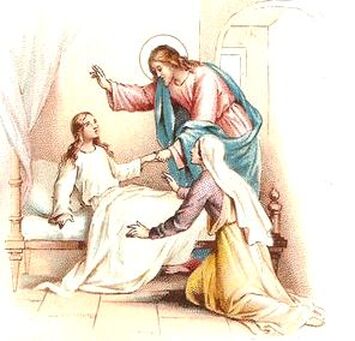
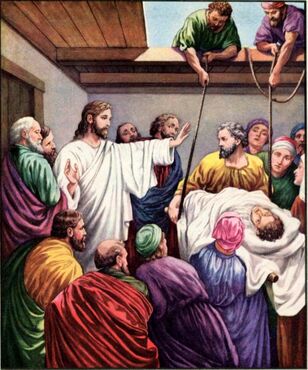
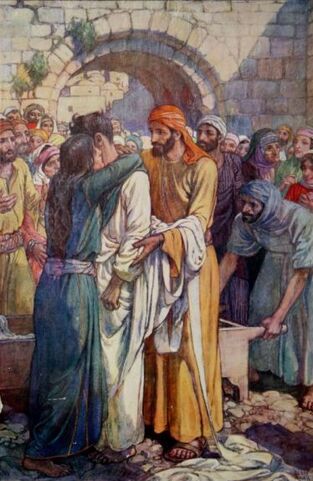
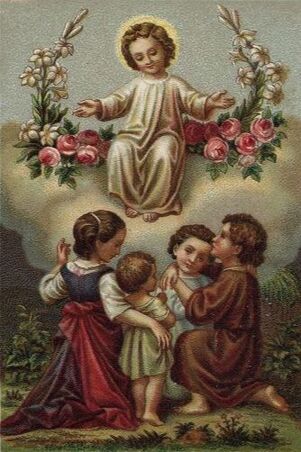

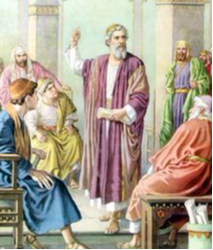
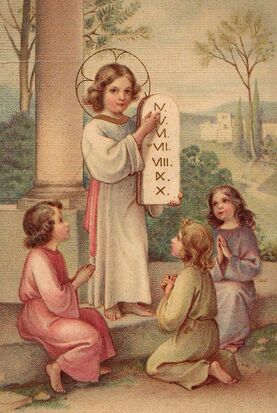

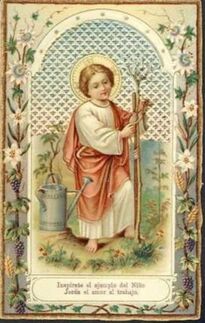
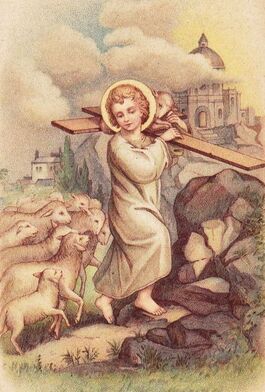
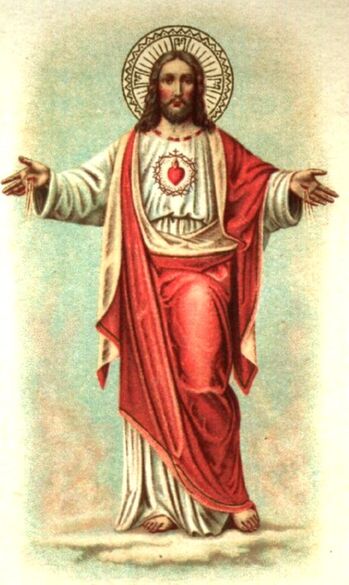
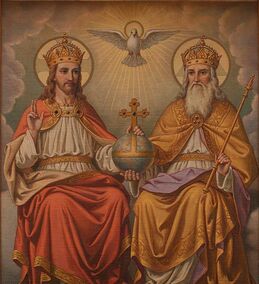
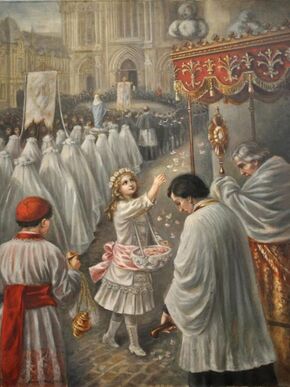
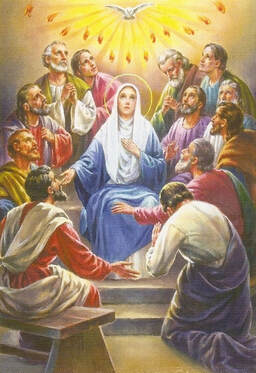
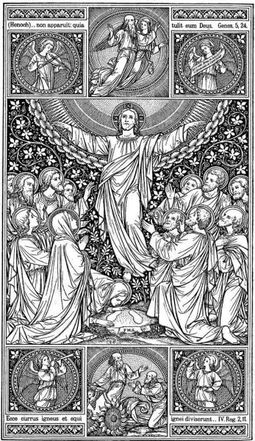
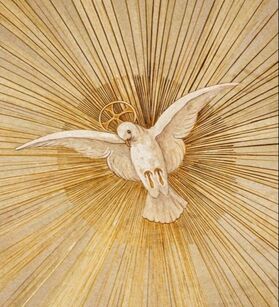
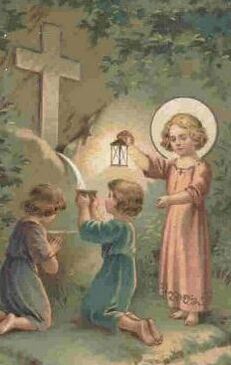
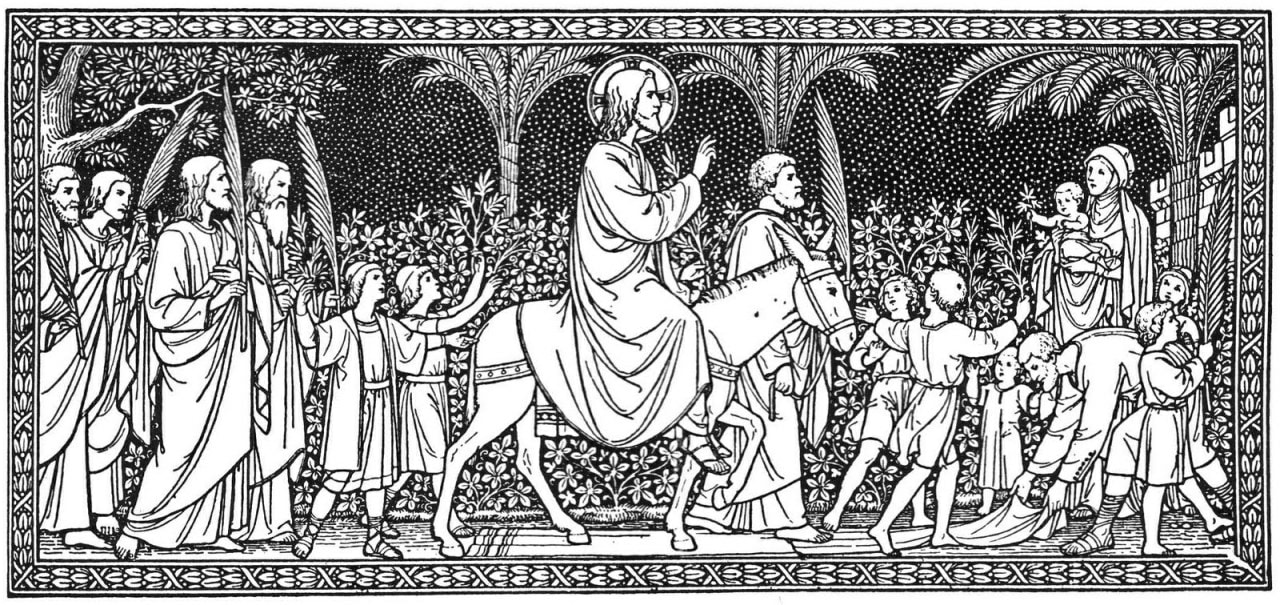
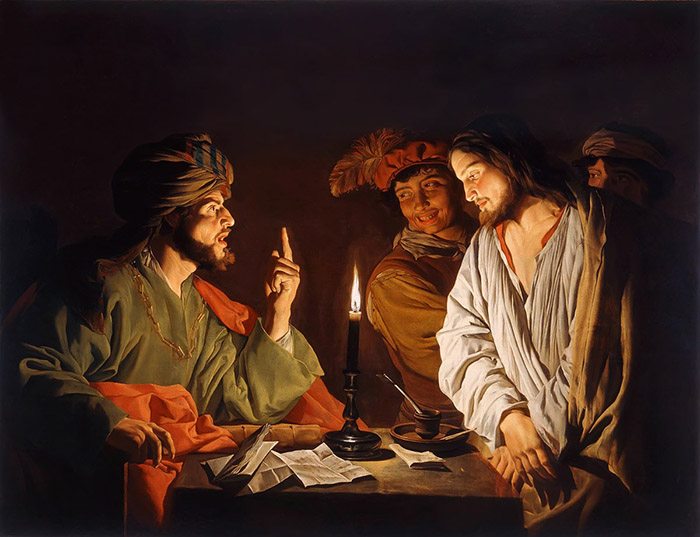


 RSS Feed
RSS Feed